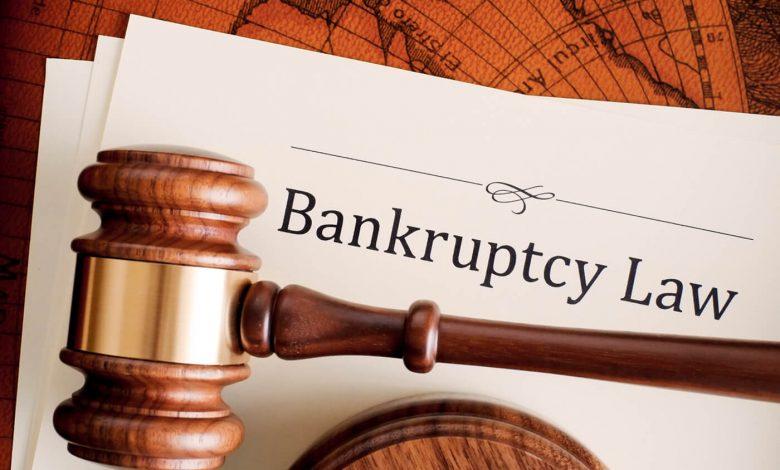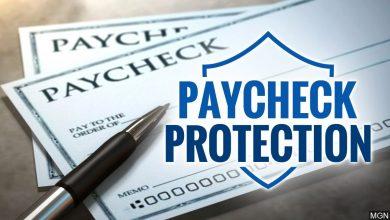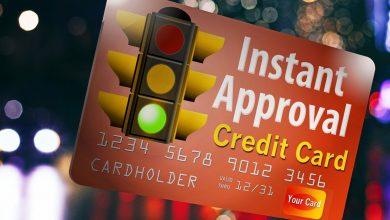What Are the Different Types of Bankruptcies? Chapter 7 vs. Chapter 13 vs. Chapter 11 Bankruptcy
Is there Anything I Can do about Debt to Avoid Bankruptcy?

If you are behind on your credit card payments, car loans, or home loans, there are many options to try before filing for bankruptcy, below are a few tips for you to consider before deciding if Bankruptcy is the best path for your debt issues.
Negotiate Debts
An easy step is to contact your credit card companies and try to negotiate a lower interest rate. Understand that credit bureaus want you to keep your business, because they make money off your high credit card balances. Also, credit cards often charge excessive interest rates on the money they lend you, and most of them will be able to lower your interest a bit if you ask for it, but you need to ask, a simple phone call is enough. When you’re dealing with large amounts of debt, any interest rate cuts will help ease you in the long run.
Request Advice
You can seek assistance from a credit counseling organization, which will help you negotiate with your creditors to form a payment plan that you are able to meet. Every state has non-profit agencies dedicated to these ends. This is a great solution when you are unfamiliar with how finances work in the United States, and when debt collectors harass you relentlessly. Even if you have to pay your debts in full, seeking help from these organizations can help you avoid a bankruptcy on your credit report.
Limit Debt Collectors
It is also important to keep in mind that you do not have to endure harassment from your creditors and debt collectors. You cannot be put in jail for not paying your debts (except that your debts involve child support and food). Your creditor does not have the right to call you at work if you have not authorized to be contacted at that location. You should know that the Fair Debt Collection Practices Act is a federal law, and sets the guidelines on how debt collectors can and cannot collect a debt.
Talk to a Qualified Bankruptcy Attorney
This article is intended to be helpful and informative, but legal matters can be complicated and stressful. A qualified bankruptcy attorney can address your particular legal needs, explain the law, and represent you in court. Take the first step now and contact a local bankruptcy attorney to discuss your unique legal situation.
Bankruptcy Law: A Summary
Bankruptcy is one of the oldest and longest-standing federal law protections in the United States. The first bankruptcy law was created in 1800, and while the process has evolved a lot in the past two centuries, it is still essential to the US economy. Bankruptcy laws provide a lifesaver or a second chance for individuals and businesses that cannot meet their financial obligations. Depending on the type of bankruptcy, you can put debtors on their path to financial freedom by liquidating existing assets or establishing a reasonable payment plan. By doing so, the debtor can gradually pay off some of the debt without suffering additional long-term financial inconvenience.
Why is Bankruptcy Important?
A robust economy depends on the ability of its citizens to obtain credit, guarantee loans, start a business, and acquire real estate. This is difficult, if not completely impossible, for a person in debt. For example, the impediment that a person has to buy a car or obtain credit cards can have very important social repercussions. That is why bankruptcy provides a way for the debtor to get back on track and at the same time ensure payment to his creditors.
When to File for Bankruptcy?
The bankruptcy process is not always the best option to ease the burden on the debtor. Some debts, such as those related to child support, alimony, student loans, and criminal restitution cannot be eliminated through a bankruptcy filing. Also, some creditors will prepare negotiable payment plans and make filing for bankruptcy not always necessary. Each type of bankruptcy has its own eligibility requirements, and potential filers must determine if they meet them. In a typical scenario, the debtor will file for bankruptcy after having exhausted all options to improve his financial situation. And the debtor will make his statement when faced with possible lawsuits, foreclosures or wage garnishments by a creditor. Opening a bankruptcy case can provide certain protections, such as effectively stopping debt collectors and delaying the process of recovering assets.
Bankruptcy Options for Individuals
Chapter 7 and Chapter 13 are the two most common types of bankruptcies for individuals. Chapter 7 deals with bankruptcy and liquidation of some nonexempt personal property.Chapter 13 deals with reorganizing a bankruptcy, allowing debtors to keep their assets, but must pay a quantifiable portion of their debt within 3 to 5 years.
Chapter 7 Explained
Chapter 7 bankruptcy is the most common form. Eligibility is determined based on income, for which the state median income is used as a reference:
- Debtors who earn less than the state average are eligible because their limited income may prevent them from complying with the typical Chapter 13 type of payment plan.
- Debtors who earn more than the state average may not be eligible if they have the means to meet their financial obligations.
Those who file for Chapter 7 Bankruptcy Must:
- Provide detailed financial information, for example, details of your income, tax returns, records of outstanding debts and detailed daily expenses.
- Get credit counseling and check it out in court.
- The non-exempt assets of the eligible debtors will then be sold and the proceeds of that sale will be distributed among the corresponding creditors. When the process is complete, the debtor is discharged from the debts under chapter 7 and waives any additional liability he may have for those debts.
Chapter 13 Explained
Filing for bankruptcy under Chapter 13 is very similar to the Chapter 7 process.
- The debtor must obtain credit counseling.
- Provide courts with detailed financial and debt records.
- Meet certain eligibility requirements.
- Have the income required to make monthly payments for 3 to 5 years.
- Additionally, Chapter 13 is subject to maximum debt limits that make some debtors ineligible.
Although payments generally last 3-5 years, most collections stop when you file for Chapter 13 bankruptcy. This includes collection notices, wage garnishments, bank liens, and even some foreclosures.
Chapter 11 Explained
Chapter 11 bankruptcy is the most common form for businesses. While some individuals can use Chapter 11, most individual debtors do not meet the eligibility requirements. Chapter 11 provides an opportunity for businesses to reorganize their debts, usually in an effort to keep the business running. This is one of the most complex forms of bankruptcy, and the business must:
- Propose a detailed reorganization plan.
- Negotiate the plan with your creditors.
- If there is no agreement between the parties regarding the reorganization plan, you can go into Chapter 7 bankruptcy or drop the case.
Filing for Chapter 11 bankruptcy offers businesses a fresh start, but it can also result, at least partially, in the relinquishment of ownership of assets to creditors. Therefore, entrepreneurs must calculate the costs and benefits when considering filing for bankruptcy or not.





